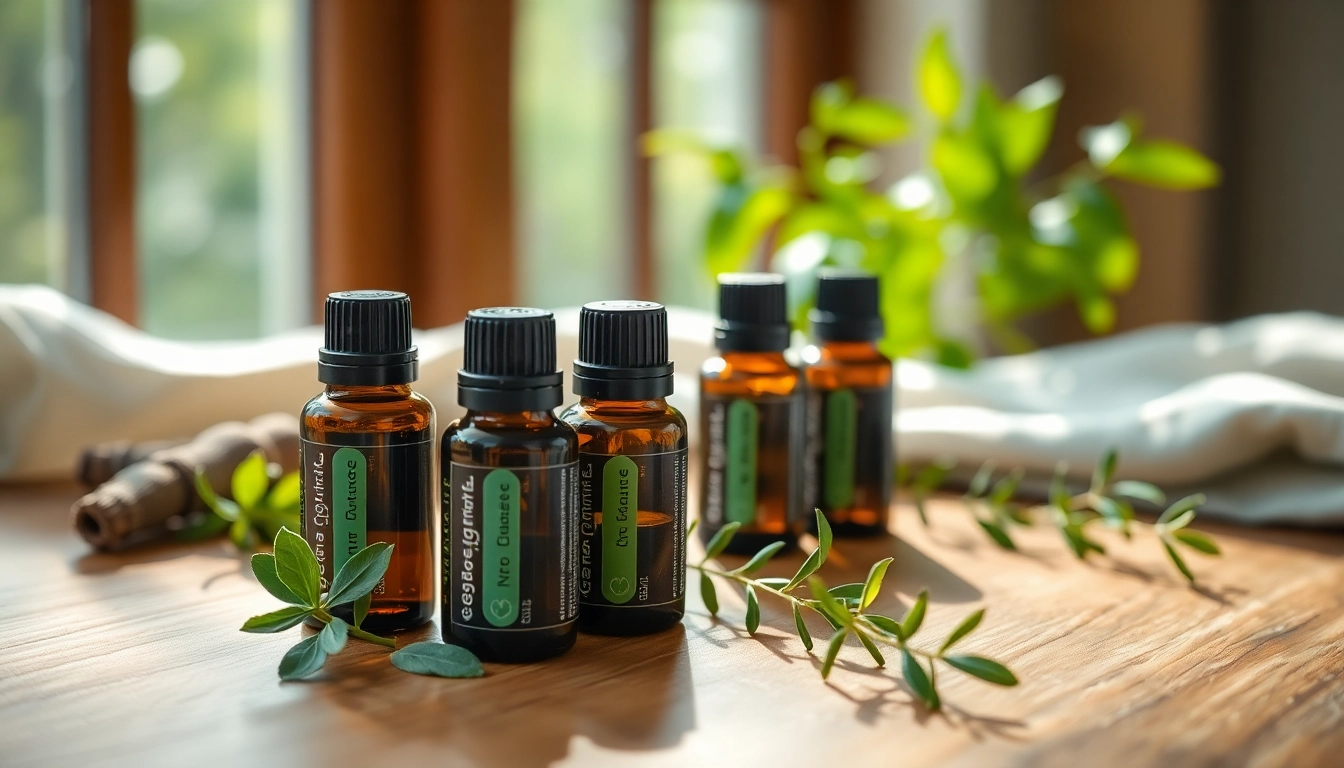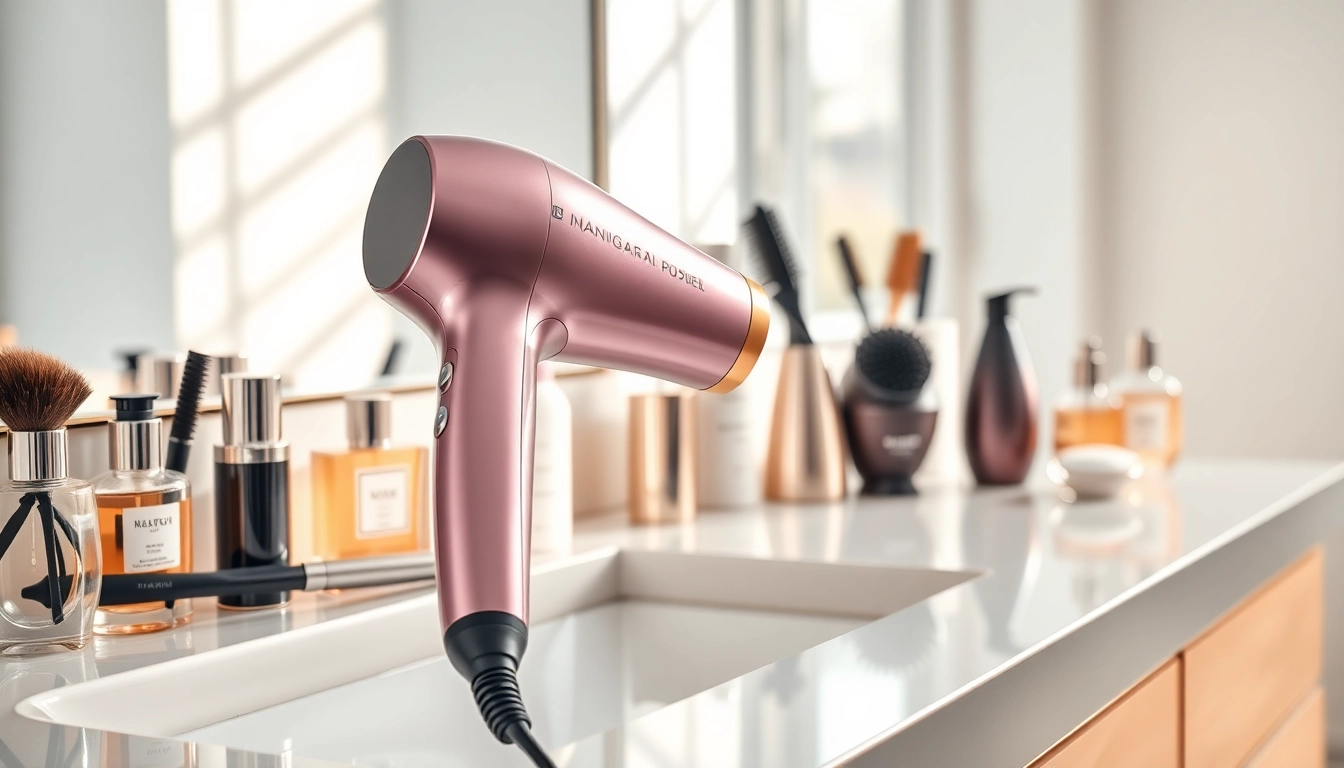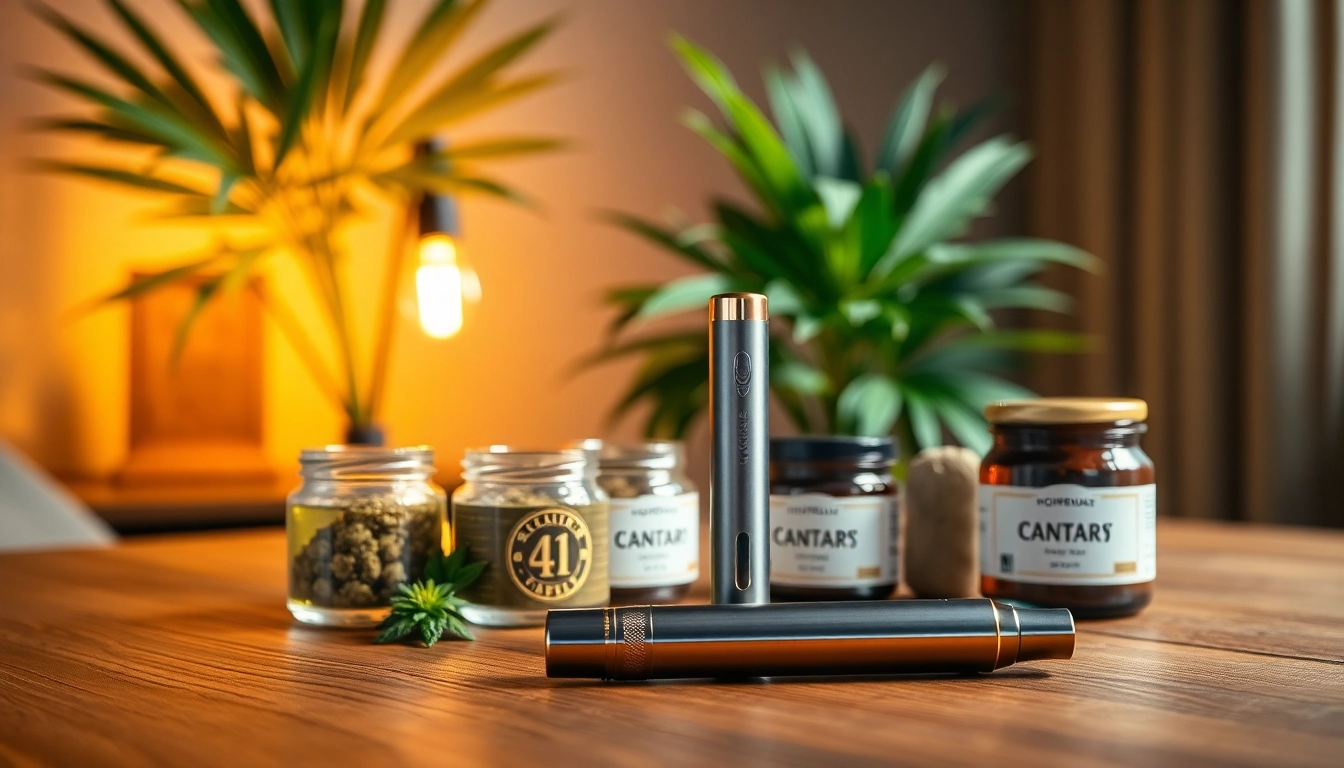
Understanding Essential Oils
What Are Essential Oils?
Essential oils are concentrated plant extracts that capture the natural scent and beneficial properties of the plant they are derived from. This makes them popular in various applications, including aromatherapy, personal care, and household products. These oils are typically obtained through distillation or cold pressing, allowing for a potent concentration of the plant’s active components. Common examples of essential oils include lavender, tea tree, peppermint, and eucalyptus, each with its unique profile of aromas and therapeutic uses. When discussing essential oils, it is essential to understand their chemical composition, as these compounds contribute to their varied benefits and applications. Discover more about how essential oils can enhance your life and well-being.
History and Uses of Essential Oils
The use of essential oils dates back thousands of years, with historical texts referencing their applications in ancient civilizations. The Egyptians utilized oils in mummification processes and religious ceremonies, while the Greeks and Romans embraced them for personal health, hygiene, and fragrance. In traditional Chinese medicine, essential oils have been used to promote balance and well-being. The modern renaissance of aromatherapy began in the early 20th century with the work of French chemist René Gattefossé, who discovered the healing properties of lavender oil after treating a severe burn with it.
Today, essential oils are utilized across various domains, from holistic wellness to natural cleaning, and even culinary arts. With a growing awareness of natural solutions to health issues and environmental concerns, the popularity of essential oils continues to soar, making them a staple in many households.
How Essential Oils Are Extracted
The extraction of essential oils is a complex process that seeks to preserve the integrity of the plant’s chemical compounds. The most common methods of extraction are steam distillation, cold pressing, and solvent extraction. Each technique has its specific advantages, influencing the potency and purity of the resulting oil.
- Steam Distillation: This is the most prevalent method, especially for oils obtained from flowers, leaves, and stems. Steam passes through the plant material, vaporizing the volatile compounds, which are then cooled and condensed back into liquid form.
- Cold Pressing: Primarily used for citrus oils, this method involves mechanically pressing the plant to extract its oils without heat, preserving its aroma and flavor.
- Solvent Extraction: Used for delicate flowers and other plant materials, this method utilizes solvents to extract essential oils, yielding absolute oils that are highly concentrated.
Benefits of Essential Oils for Wellness
Essential Oils for Stress Relief
Many essential oils have calming and stress-relieving properties that make them an ideal addition to wellness practices. Oils such as lavender, chamomile, and bergamot are known for their soothing effects on the mind and body. Aromatherapy, which involves inhalation or application of these oils, can promote relaxation and ease anxiety.
A study published in the journal Evidence-Based Complementary and Alternative Medicine found that participants who inhaled lavender essential oil experienced reduced levels of anxiety and stress. The calming scent of lavender can alter brain wave activity, reducing stress hormone levels and triggering a sense of calm.
Essential Oil Remedies for Common Ailments
Essential oils also serve as effective remedies for various common ailments. For instance, peppermint oil is known for its ability to alleviate headaches and digestive issues, while tea tree oil exhibits antimicrobial properties, making it a potent fighter against acne and minor infections.
Here are a few effective remedies using essential oils:
- Headaches: Inhale peppermint oil or apply diluted peppermint oil to the temples.
- Digestive Issues: Use a blend of peppermint and ginger oils in a carrier oil for abdominal massage.
- Skin Irritations: Dilute tea tree oil with a carrier oil and apply it to the affected area.
Improving Mental Clarity with Essential Oils
Certain essential oils have been shown to enhance mental clarity and cognitive performance. Oils such as rosemary and lemon are particularly noted for their invigorating properties, stimulating brain activity and improving focus.
Research supports these claims; a study conducted by the University of Northumbria found that participants who inhaled rosemary essential oil performed better on cognitive tasks compared to the control group. Incorporating these oils into your workspace through diffusers or personal inhalers can create a conducive environment for productivity.
Popular Essential Oils and Their Uses
Top Essential Oils for Home Use
Essential oils are versatile and can be integrated into various home practices beyond aromatherapy. Here are some popular choices:
- Lavender: Known for its calming effects, it can be used in diffusers, cleaning products, and personal care.
- Lemon: Great for cleaning due to its antibacterial properties and fresh scent.
- Eucalyptus: Ideal for respiratory health, it can be used in steam inhalations or as a natural disinfectant.
Essential Oils for Skin Care
The skincare industry has embraced the benefits of essential oils, incorporating them into formulations designed to enhance skin health. For instance, frankincense is praised for its anti-aging properties, while tea tree oil is a powerful treatment for acne.
To create your skincare regimen using essential oils, consider the following tips:
- Always dilute essential oils in a carrier oil like jojoba or coconut oil before applying them to the skin.
- Select oils that cater to your skin type; for oily skin, tea tree and lemon may be beneficial, while lavender and rosewood work well for dry skin.
- Incorporate essential oils into serums, face masks, or moisturizers to harness their properties effectively.
Culinary Favorites: Cooking with Essential Oils
Essential oils can also elevate your cooking experiences. Culinary-grade essential oils, such as peppermint, lemon, and oregano, can add intense flavors and health benefits to your dishes. It’s essential to use them in moderation due to their concentrated nature.
Here are some tips for using essential oils in cooking:
- Add one drop of lemon oil to dressings or marinades for a vibrant flavor.
- Incorporate a drop of peppermint oil into desserts for a refreshing twist.
- Use oregano oil in marinades for meats or vegetable dishes for an aromatic boost.
How to Safely Use Essential Oils
Essential Oil Dilution Guidelines
Proper dilution is crucial when using essential oils, especially for topical applications. Undiluted essential oils can cause skin irritation or adverse reactions. The general guideline is to dilute essential oils in a carrier oil at a ratio of 1-3% for adult use. This translates to:
- 1-3 drops of essential oil per teaspoon of carrier oil for topical applications.
- For children, pregnant women, and sensitive individuals, a dilution of 0.5-1% is advisable.
Patch Testing for Essential Oil Sensitivity
Before using a new essential oil, conducting a patch test is essential to ensure there are no adverse reactions. To perform a patch test, dilute a small amount of the essential oil in a carrier oil and apply it to a discreet area of skin, such as the inside of your wrist. Wait 24 hours to observe any allergic reactions or irritation.
Essential Oils: Safety Tips and Precautions
While essential oils are safe for most people when used correctly, there are several precautions to consider:
- Keep essential oils away from children and pets, as some oils can be toxic if ingested.
- Avoid exposure to sunlight after applying certain oils like lemon or bergamot, as they can cause photosensitivity.
- Consult with a healthcare professional before using essential oils during pregnancy or if you have existing health conditions.
Choosing the Right Essential Oil Products
Evaluating Essential Oil Quality
Not all essential oils are created equal. The quality and purity of essential oils can vary significantly between brands. Look for oils that are:
- 100% pure and organic, free from synthetic additives or fillers.
- Tested for purity through third-party testing, which should provide certificates of analysis.
- Packaged in dark glass bottles to protect them from sunlight and degradation.
Understanding Labels: What to Look For
When purchasing essential oil products, understanding labeling can help you make informed decisions. Key terms to look for include:
- Therapeutic Grade: Indicates that the oil is of high quality and suitable for therapeutic uses.
- Steam Distilled: Confirms that the oil has been extracted using the steam distillation method, preserving its integrity.
- Botanical Name: Ensure the label lists the scientific name of the plant for clarity on the oil’s origin.
DIY Essential Oil Blends for Specific Needs
Creating your own essential oil blends allows you to tailor your experience based on individual needs and preferences. Here are a few simple recipes:
- Relaxing Blend: 3 drops of lavender, 2 drops of chamomile, and 2 drops of bergamot in a diffuser to promote relaxation.
- Focus Blend: 4 drops of peppermint and 3 drops of rosemary in a personal inhaler for improved concentration.
- Refreshing Blend: 3 drops of lemon, 2 drops of eucalyptus, and 2 drops of tea tree in a spray bottle for a natural room freshener.
By understanding the fundamentals of essential oils, their benefits, applications, and safe usage, you can unlock their potential for enhancing your lifestyle naturally. Whether for relaxation, skincare, or culinary exploration, essential oils offer a diverse range of possibilities to improve well-being and enrich everyday experiences.






